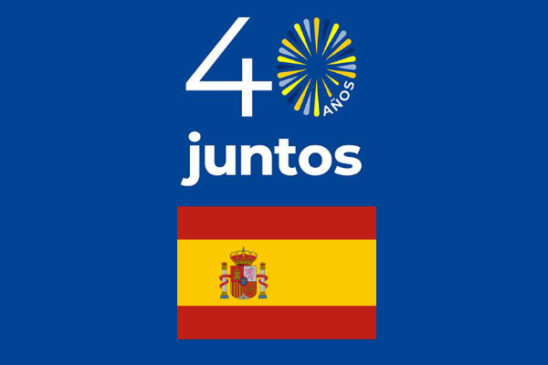Wearable data: can they be shared for a public interest, such as healthcare?

Traditionally, producers of wearable devices have been gatekeepers to the collected data. Ensuring safe sharing of the data could support public health, research and innovation.
Data from someone’s smartwatch do not go beyond the platform of the manufacturer for privacy reasons. But upcoming legislation and initiatives could change that.
Smartwatches and fitness trackers collect a vast amount of data, which could transform public health outcomes. In-sensor data analytics and real-time data can reveal, for instance, heart or respiratory rate, skin temperature, pulse oxygenation, stress levels and sleep patterns.
A role-playing exercise – organised by the JRC and the Data Spaces Support Centre – explored whether new rules, coming up with the Data Act, on transfer of data between data holders and data users could facilitate broader access and reuse of those data through the European Health Data Space (EHDS).
The Data Act, applicable as of 12 September 2025, and the European Health Data Space (EHDS), becoming applicable in 2029, would allow individuals to share their health data in a secure and privacy-compliant manner. While giving the individuals control over the use of their data, professionals, researchers, and policymakers would also be able to access high-quality data to improve treatments, public health, and medical advancement across Europe.
Exploring data sharing dynamics through role play
To harness the potential of secure and privacy-compliant health data sharing across Europe, the role-playing exercise involved a simulation of sharing wearable data to identify the challenges and opportunities that come with it. The role play follows the co-creation method presented in the DSSC Blueprint.
Participants assumed roles such as manufacturers, intermediaries, and health ministries and explored how wearable data can be available in the EHDS for secondary use. The challenge was to identify ways to make wearable data available while respecting privacy and considering the interest of all participating parties. The discussion brought forward the issue of financial incentives, and of facilitating the flow of data exchange that would satisfy both private and public stakeholders.
The exercise revealed a complex interplay and clear divide between public and private interests, with some participants forming strategic alliances, which illustrates the complexity of policy implementation. It appeared evident that manufacturers play a central role as data holders, and that their cooperation is essential for data sharing to be effective as intended. Data intermediaries were also important as trusted actors in charge of handling consent on behalf of consumers.
Background
Insights from this simulation exercise may inform future policy initiatives. This and other research activities are part of the JRC’s Data Sharing Innovation Lab, launched in 2025 in response to European Commission’s needs to understand data sharing opportunities and challenges. The Data Sharing Innovation Lab therefore will support establishment of the sectorial European data spaces and will support implementation of the Data Act.
The European Health Data Space (EHDS) is an EU initiative to provide a secure and privacy-compliant environment for sharing health data across the European Union. The EHDS Regulation, which entered into force on March 26th, 2025, establishes a common framework for using and exchanging electronic health data across the EU. The Data Act, plays a crucial role in facilitating the reuse of data, including wearable data.
The EHDS and the Data Act are part of a broader EU effort to create a European data economy, which aims to unlock the potential of data to drive innovation, economic growth, and improved public services. Other relevant EU policies and legislation pieces, such as the General Data Protection Regulation (GDPR), also play a crucial role in shaping the data landscape in the EU.
Source: Joint Research Centre | https://joint-research-centre.ec.europa.eu/jrc-news-and-updates/wearable-data-can-they-be-shared-public-interest-such-healthcare-2025-07-11_en
OCD | 11 July 2025
Follow us on social media: Facebook, Twitter, Instagram, YouTube.





